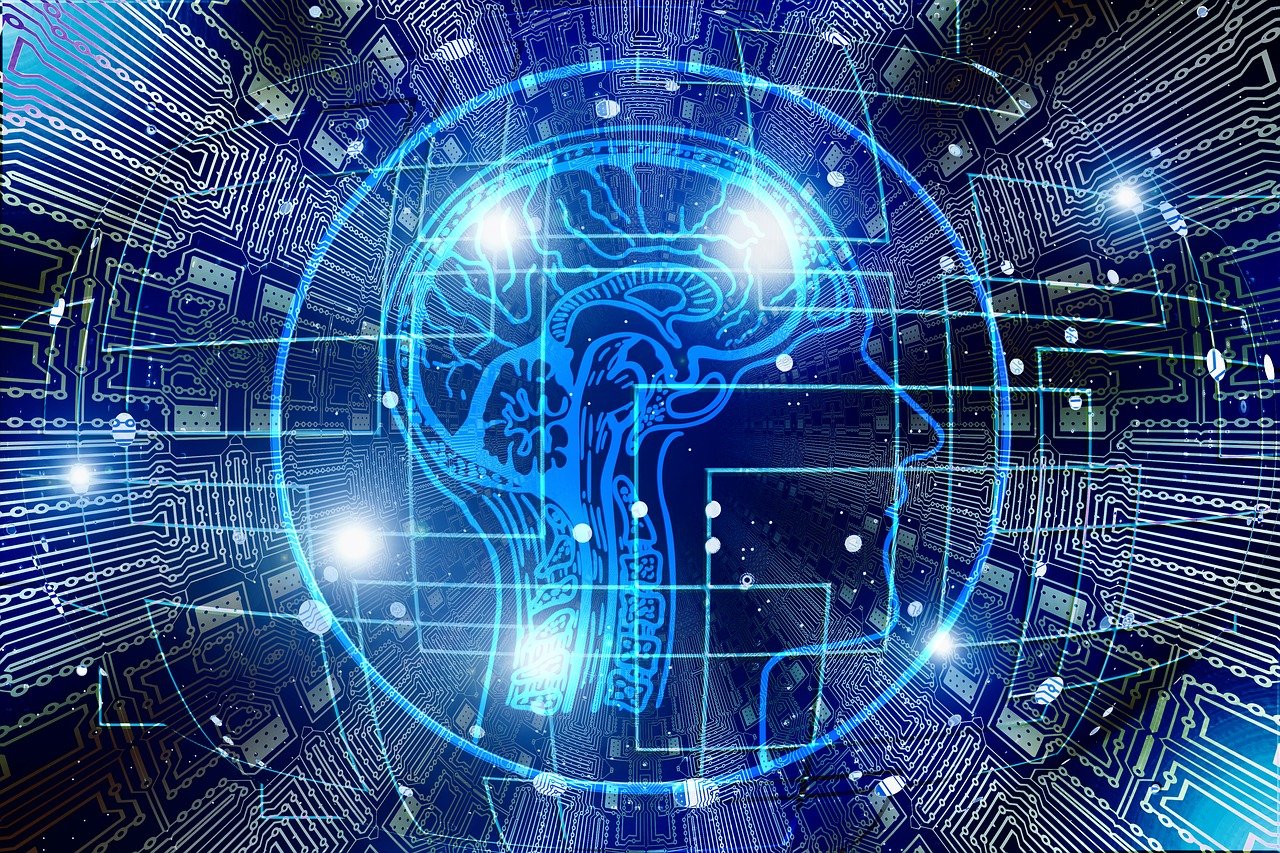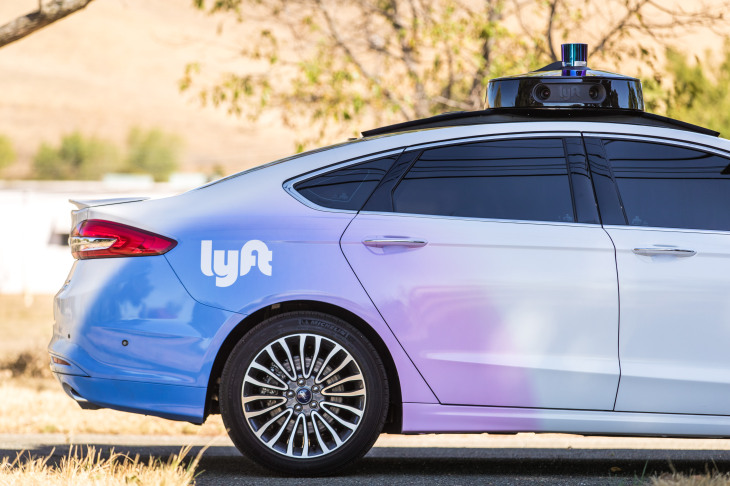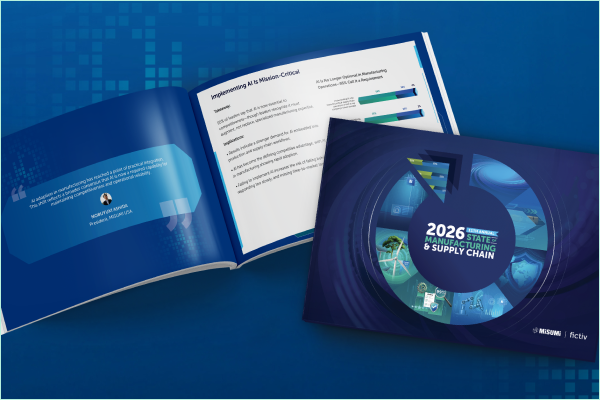Time to read: 4 min
Artificial Intelligence is perhaps the most powerful General Purpose Technology underlying many of the exciting new developments and products unveiled at CES 2021. Bridget Karlin, IBM’s CTO and VP, talks about the “new possible” of AI, and promises that “AI changes everything”. The dedicated session on “The Power of AI” was packed with insights applicable to R&D teams across healthcare, autonomous vehicles, and consumer electronics industries.

The transformative power of AI is all around us
The first insight is what we might call the hidden power of AI, namely its ability to power efficiency and productivity in multiple aspects of our personal and professional lives, in ways that we clearly perceive even though we don’t realize AI is what makes them possible.
IBM’s Bridget Karlin opened her remarks by stating that what we see of AI is “just the tip of the iceberg”, while AI is already “delivering magic all around us”. It is helping companies create self-learning and self-healing infrastructure and systems. AI brings its biggest added value in three areas: (1) Prediction; (2) Automation; and (3) Optimization. The examples abound: AI helps accelerate clinical trials, opening new frontiers in health care; it revolutionizes education and learning systems, where it can help create personalized content that is tailored to the individual student and adapted dynamically as the student learns; and it has already been helping supply chains to adapt to shocks and mitigate the disruption of the pandemic. But this is just the beginning: Karlin noted that we are just beginning to leverage three major drivers of AI improvement: bigger and better data sets; more sophisticated software; and better hardware with greater and cheaper computing power. Kevin Guo, CEO of Hive, agreed that what is really impressive about AI is “the massive use of AI behind the scenes” in almost every walk of life.
Businesses should start by applying AI where it already has the greatest advantage
The second key insight is the simultaneous need to focus on applying AI where it can bring the biggest advantages. This is because today “not every problem is best solved by AI, even though more and more are”, as was noted by Eric Cornelius, Chief Product Architect for Blackberry. He pointed out that AI is excellent at tasks like threat detection in cybersecurity, because of its unparalleled ability to analyze huge unstructured data sets.
The need for focus derives from the fact that while AI sometimes looks like magic, it is really hard to do well. Jeremy Kaplan, Editor-in-Chief of Digital Trends, put it in the form of a provocative question: if AI is so good, if it can already do a better job than doctors at predicting the outcome of Covid cases, why haven’t we yet solved some of the really huge problems affecting mankind? The ensuing discussion highlighted a number of crucial complications. In some cases, as Bridget Karlin noted, applying AI is hard. This can be because the available data sets are of poor quality, sometimes embodying human biases and prejudices that risk getting incorporated into AI. Sometimes the stakes are so high that we need to proceed with great caution, as in the case of autonomous vehicles, noted Kevin Guo. And sometimes it’s because humans use AI to make the problems worse: for example, Eric Cornelius pointed out how AI has helped make phishing emails much more sophisticated, to the point where they can fool security experts.

AI will augment humans and create better jobs
The third key insight is the way that AI can help us create more and better jobs rather than replacing jobs. Kevin Guo stressed that AI will allow us to gradually eliminate repetitive tasks – including driving – and to focus instead on more creative tasks. Eric Cornelius added that exactly because AI excels at performing massive-scale analytics quickly, it will empower people to use data more effectively and (1) draw the insights that humans can gain through their intelligence; and (2) leverage some of these insights to build better products and infrastructure (“AI will never build a bridge”).
Bridget Carlin stressed that “every business needs to become a smarter business, and AI is the fuel that makes it possible”. IBM’s philosophy centers on three principles: (1) AI technologies should augment and extend human capabilities; (2) the data and insights belong to the individuals who generate them; and (3) AI must be transparent (“you have to break open the black box of AI”).
Key takeaways
Bottom line: AI is already empowering massive increases in efficiency, operating behind the scenes in multiple sectors of our economy; but this is only the beginning, the tip of the iceberg of what is possible. To exploit the full potential of AI though, will take hard work, bigger and better quality data sets, and first and foremost, a strong and focused effort on the part of all companies to leverage AI where it can deliver the biggest benefits, by applying it to the right problems today, while the range of problems AI can address keeps widening in the years and decades ahead.










